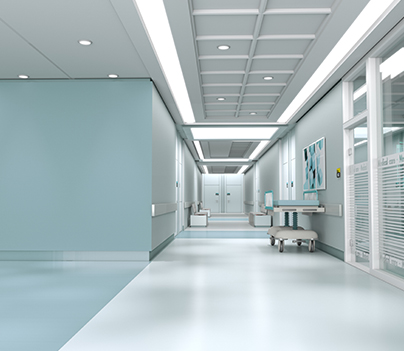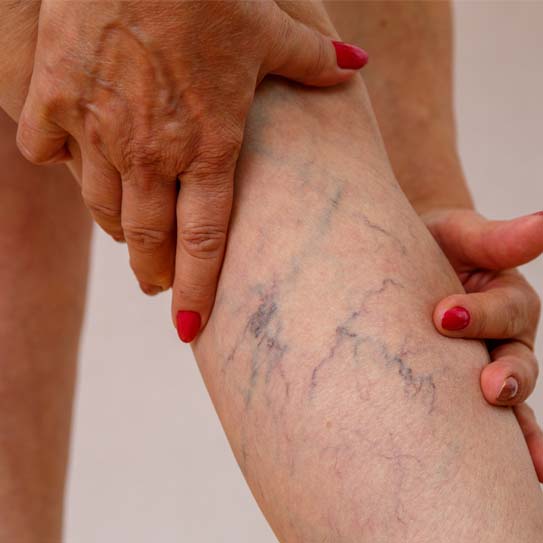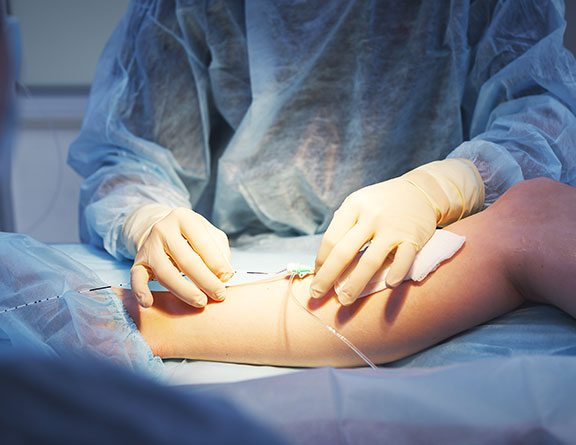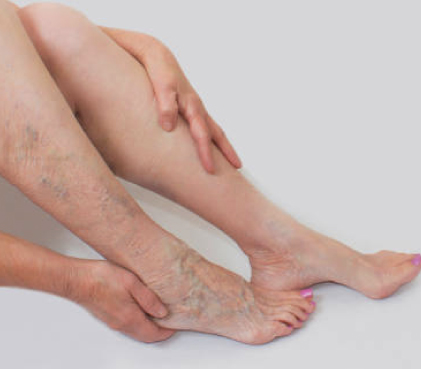
During your appointment with the doctor, he or she will begin by discussing your objectives. What about your nose troubles you, and what adjustments do you want? are questions the doctor will ask. The fact that there is no such thing as a flawless nose must be understood. As a result, the doctor will make an effort to comprehend your demands and outline the kinds of adjustments you may anticipate as a result of the process.
The doctor will also examine other facial characteristics as well as the nose's bone and cartilage. Your expectations for rhinoplasty can only be determined by the doctor after the examination.
The doctor will provide you with detailed instructions to help you get ready for rhinoplasty. The following details will be part of these instructions:

Is rhinoplasty a reconstructive or cosmetic procedure?
Although rhinoplasty primarily includes aesthetic enhancement, reconstruction is also included. Reconstruction treatment is necessary to alter the nose's form, and it also alleviates problems like breathing difficulties.
What are some typical after-rhinoplasty adverse effects?
Following rhinoplasty, patients frequently suffer the following negative effects:
breathing via the nose is challenging.
persistent discomfort and skin discolouration
undesirable scarring
Is a hospital spend the night necessary following rhinoplasty?
No, an overnight stay is often not necessary following a rhinoplasty. The surgery is completed as an outpatient, and the patient is released a short while afterwards.
Which kind of anaesthesia is applied during rhinoplasty?
Usually, rhinoplasty is performed under general anaesthesia. As a result, the patient is dozing off throughout the entire process.

Also known as endovenous laser treatment or EVLA, this is a minimally invasive ultrasound-guided procedure that involves the use of ultrasound images and laser fiber in order to kill the delicate lining of the veins. After a few days following the procedure, the body absorbs the dead tissues, closing off the abnormal veins with minimal or no discomfort. This is one of the most commonly preferred methods as it involves far fewer complications, and the recovery time, as well as the success rate of this method, is much faster and higher than that of any surgical process.

Also known as endovenous laser treatment or EVLA, this is a minimally invasive ultrasound-guided procedure that involves the use of ultrasound images and laser fiber in order to kill the delicate lining of the veins. After a few days following the procedure, the body absorbs the dead tissues, closing off the abnormal veins with minimal or no discomfort. This is one of the most commonly preferred methods as it involves far fewer complications, and the recovery time, as well as the success rate of this method, is much faster and higher than that of any surgical process.

Also known as endovenous laser treatment or EVLA, this is a minimally invasive ultrasound-guided procedure that involves the use of ultrasound images and laser fiber in order to kill the delicate lining of the veins. After a few days following the procedure, the body absorbs the dead tissues, closing off the abnormal veins with minimal or no discomfort. This is one of the most commonly preferred methods as it involves far fewer complications, and the recovery time, as well as the success rate of this method, is much faster and higher than that of any surgical process.